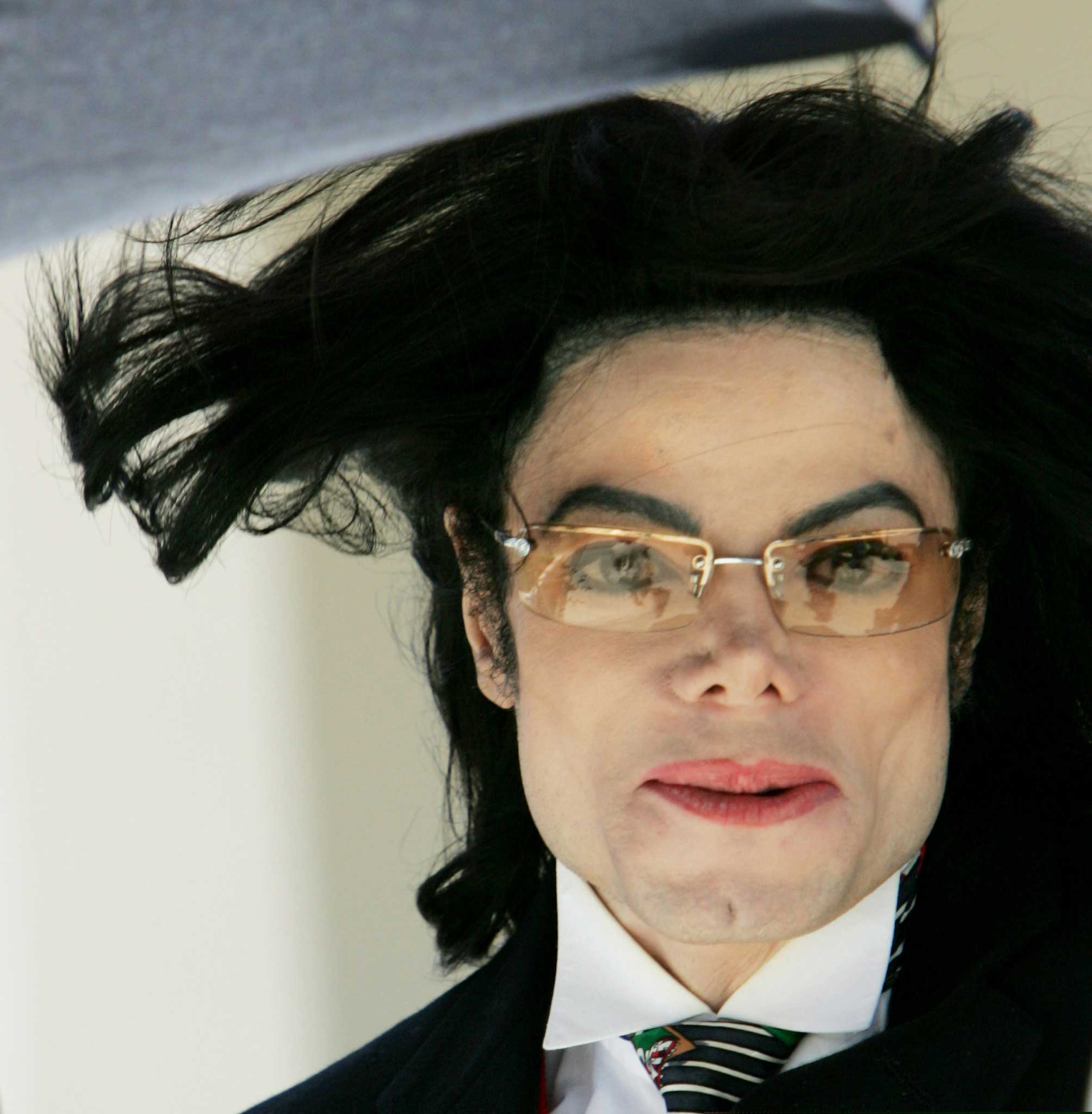Remembering The Time: Protecting Michael Jackson In His Final Days by Bill Whitfield & Javon Beard with Tanner Colby
The singer's security men could only watch as hangers-on left him bereft of real friends

Your support helps us to tell the story
From reproductive rights to climate change to Big Tech, The Independent is on the ground when the story is developing. Whether it's investigating the financials of Elon Musk's pro-Trump PAC or producing our latest documentary, 'The A Word', which shines a light on the American women fighting for reproductive rights, we know how important it is to parse out the facts from the messaging.
At such a critical moment in US history, we need reporters on the ground. Your donation allows us to keep sending journalists to speak to both sides of the story.
The Independent is trusted by Americans across the entire political spectrum. And unlike many other quality news outlets, we choose not to lock Americans out of our reporting and analysis with paywalls. We believe quality journalism should be available to everyone, paid for by those who can afford it.
Your support makes all the difference.It was apparent to the world when Michael Jackson died five years ago that his life had spun out of control and that he was surrounded by fixers, chancers and no-goods whose own interests took precedence over his. It would appear – by their own account at least – that Bill Whitfield and Javon Beard weren't two of those people.
Packing enough military hardware to wage a small guerilla war, the two security guards, hired in 2006 to watch over him in a rented house in Las Vegas, progressed from hired muscle to de facto personal assistants, trusted by Jackson and loved by his children.
Remember The Time: Protecting Michael Jackson In His Final Days is a two-man oral history of the singer's troubled last few years, a Rosencrantz and Guildenstern Are Dead view of the last act of his strange life, and it tells a shocking story.
They watched bewildered and powerless to help as the ruthless, sharp-elbowed inner-circle jockeying exacerbated the singer's destructively chaotic business life and left him bereft of confidantes, at the centre of a lonely, reclusive world.
When Jackson did venture out beyond the perimeter fence – to shop after hours, or watch a film with his children in an otherwise empty cinema, each trip meticulously planned to minimise human contact – he must have had a weirdly skewed vision of everyday life. Just as the Queen's world is supposed to smell of fresh paint, Jackson's public life seemed to consist of tradesman's entrances. He never entered a hotel, shop or cinema by the front door; he was always shepherded round the back, in service lifts: as Whitfield puts it: "I'd have on a freshly pressed suit, polished shoes, and we'd be stepping in filth, rotting food."
There is plenty of the trademark Wacko Jacko stuff – Beard recounts the tale of his going into a second-hand bookshop in Los Angeles, and paying $100,000 for the entire stock – and Whitfield admits that it all got a bit much. "It was all the little things," he says, "all the tedious stuff. The phone calls. 'I want this.' 'I need this.' 'Find me a Ferris wheel.'"
But while there is much to goggle at, it's overwhelmingly a desperately sad story. The whole world wanted a piece of Jackson, and he was unable to cope with this stark reality.
They eventually found themselves dealing with matters far above their pay grade – that security guys should be in charge of delicate business and legal matters speaks of the mad confusion in Jackson's world. Unpaid for months, their own families falling apart through their dedication to duty, they stayed on for the sake of the kids, Paris, Prince and Blanket.
Though Jackson was famously weird, he was capable of normal reactions. Whitfield recounts how he was in a store with the veiled singer, when word went round who it was. Whitfield put it about that he was someone else entirely, and a potential riot was averted. Jackson asked him what he'd said. "'I told them you were Prince,'" he replied. "He just laughed and said, 'No wonder they left us alone.'"
Increasingly marginalised by their refusal to play politics, Beard and Whitfield looked on increasingly dismayed as Jackson lost all control of his life. Beard refused to go to the grotesque memorial service; there were too many folk there whose lights he'd liked to have punched out. As Whitfield puts it in the last line of the book: "Where were all these people when he needed them?"
Join our commenting forum
Join thought-provoking conversations, follow other Independent readers and see their replies
Comments